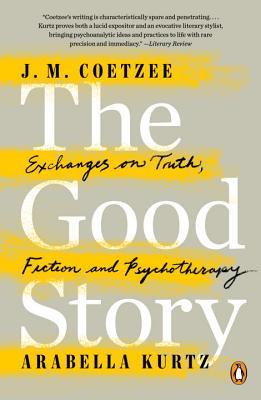What do you think?
Rate this book


208 pages, Paperback
First published September 29, 2015
"[...] relations between people as a matter of interlocking fictions. When the fictions interlock well, the relation works or seems to work (I am not sure that there is a difference between the two). When they don't interlock, conflict or disengagement follow."When noting the human tendency toward creating fictions about themselves, Dr. Kurtz claims "We need the fictions of others to know ourselves", Mr. Coetzee clarifies the claim:
"We need the fictions of others about us in order to form our fictions of ourselves."If it were proper to take sides in the discussion between Mr. Coetzee and Ms. Kurtz, I would certainly be on the author's side. I agree with most everything he says in the discussion and - more importantly - I believe that the ideas he puts forward are deeper and more fundamental. To me, Ms. Kurtz is too immersed in the Freudian canon with its limited and restrictive intellectual toolkit. To me her most important contributions are the fascinating insights into the practice of psychotherapy.